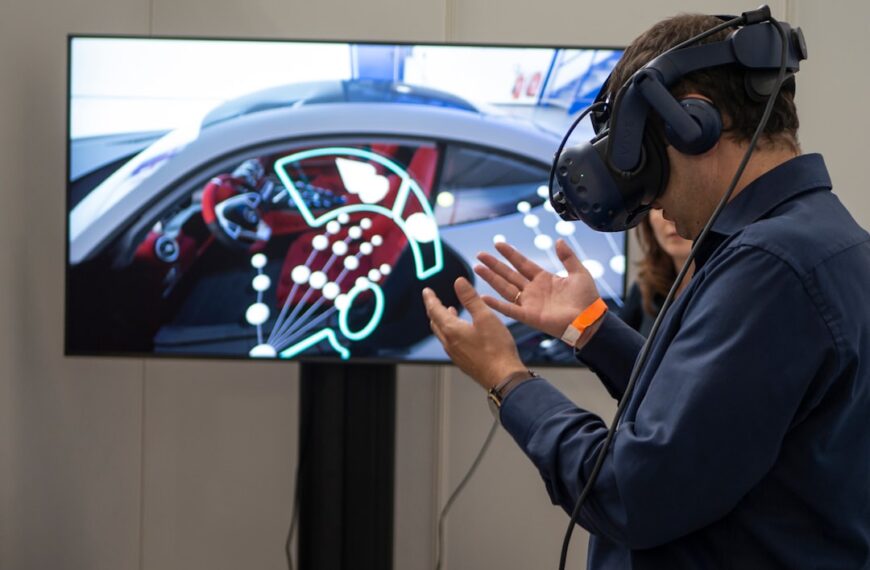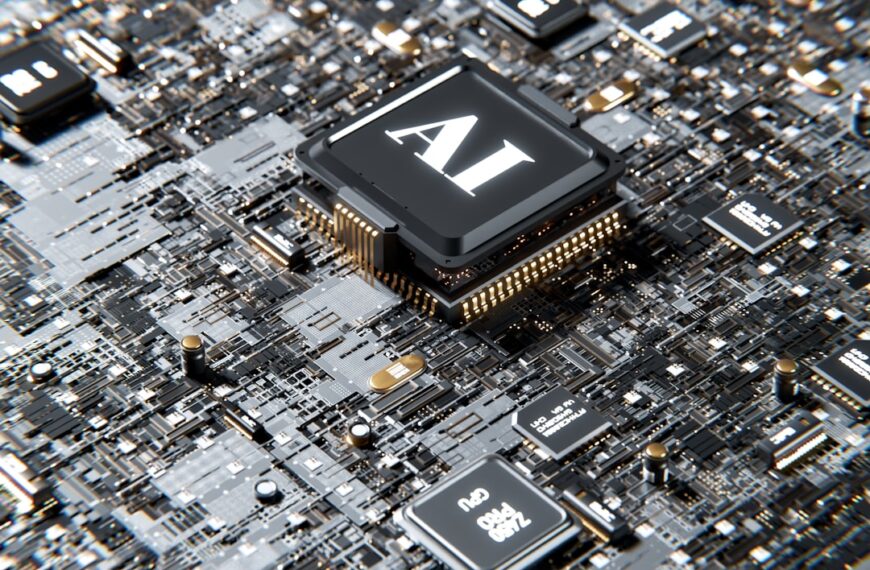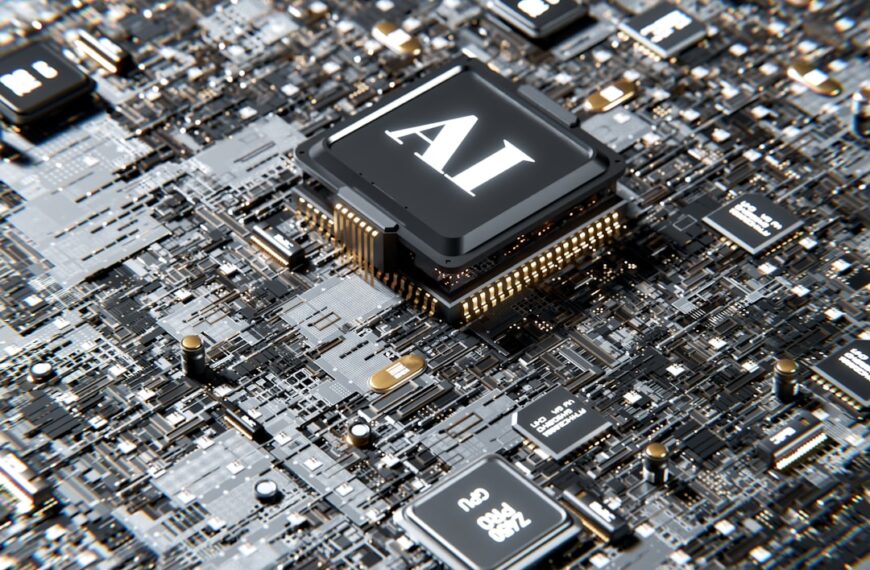The convergence of biology and technology is no longer a futuristic fantasy; it’s rapidly becoming our reality. The concept of “Bio-Integrated Futures,” where the lines between human and machine blur, is moving from science fiction to tangible possibility, sparking both incredible excitement and serious ethical considerations.
This isn’t about robots replacing humans. Instead, it’s about augmenting our capabilities, enhancing our health, and potentially even extending our lifespans through the seamless integration of biological and artificial systems. Imagine neural implants that enhance cognitive function, allowing us to process information at speeds unimaginable today. Picture prosthetic limbs controlled directly by the mind, offering unparalleled dexterity and functionality. Consider bionic eyes restoring sight, or genetically engineered cells fighting off diseases with unprecedented precision. These aren’t just theoretical possibilities; research is making significant strides in all these areas.
One of the most promising avenues is brain-computer interfaces (BCIs). BCIs are already being used to help individuals with paralysis regain some motor control, and advancements are pushing towards more sophisticated applications, potentially enabling direct communication between brains and computers, or even between brains themselves. This opens doors to collaborative problem-solving on a scale we can barely comprehend, and also raises the crucial question of data security and privacy in a world where our thoughts might be digitally accessible.
Genetic engineering and regenerative medicine are also playing pivotal roles. CRISPR technology, for example, allows for precise gene editing, offering potential cures for genetic diseases and opening the door to enhancing human capabilities beyond what natural selection has provided. However, this also brings up complex ethical questions surrounding genetic modification, designer babies, and the potential for exacerbating existing inequalities.
The development of bio-integrated futures necessitates a thoughtful and responsible approach. We need robust ethical frameworks to guide research and development, ensuring that these advancements are used for the betterment of humanity and not to widen existing social divides. Open and honest public dialogue is crucial, allowing us to explore the potential benefits and risks of these technologies, and to shape a future where humans and machines coexist harmoniously.
This journey into a bio-integrated future is fraught with challenges, but the potential rewards are immense. By embracing responsible innovation and fostering ethical debate, we can harness the transformative power of biology and technology to create a future where human potential is unlocked in ways we can only begin to imagine. The future is not just coming; it’s being built, one bio-integrated innovation at a time.












